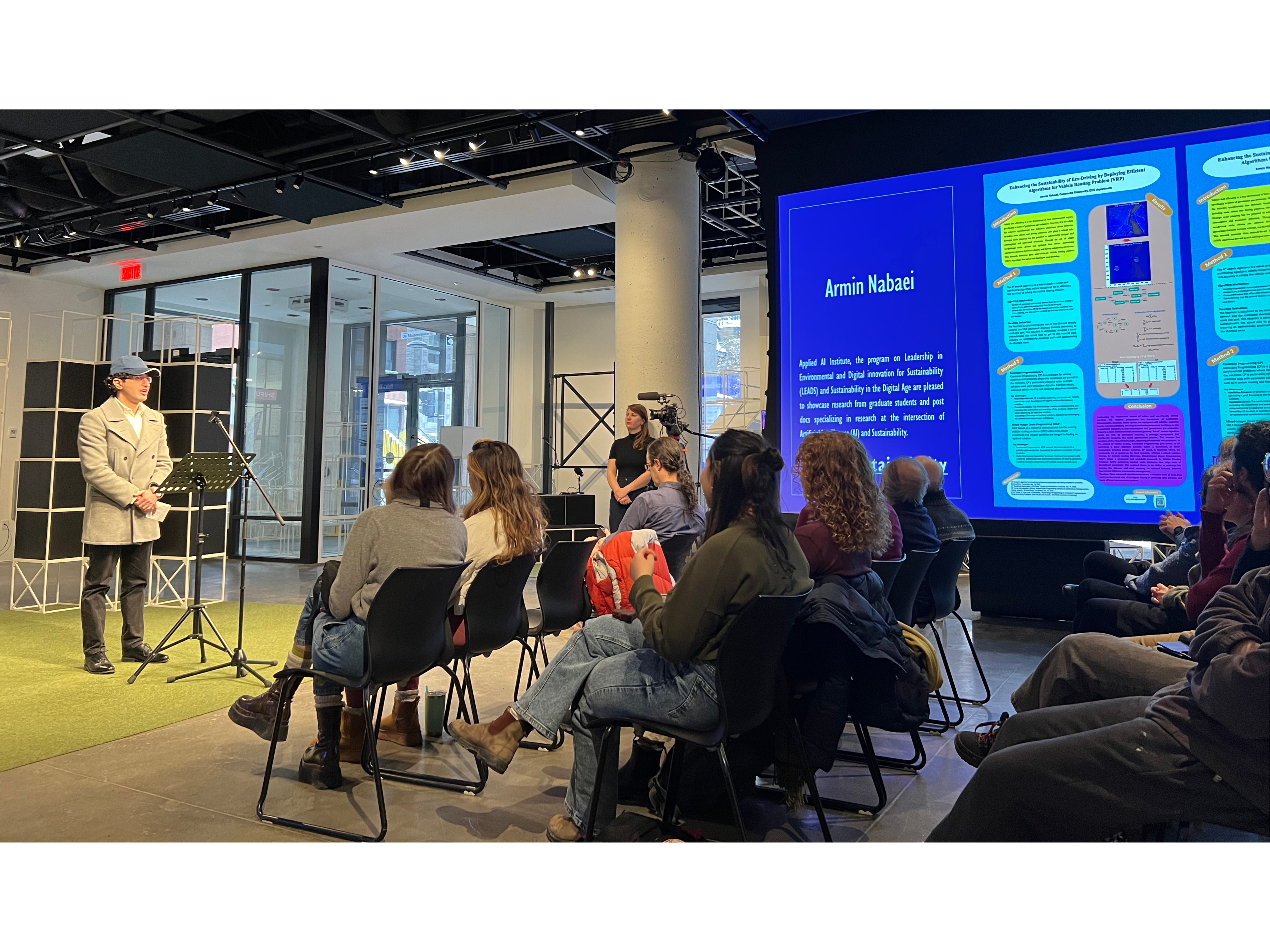Research Overview

The focus of my work is on the intersection of artificial intelligence and sustainability, particularly through the lens of vehicle routing and its environmental impact. Let’s begin by considering the fuel efficiency of vehicles. It's a significant factor in the emissions they produce. However, it's not just about the machines themselves; it's also about how they're operated. Driving practices can dramatically affect the greenhouse gases released during a trip. With strategic route planning, there's a substantial potential to reduce fuel consumption and, consequently, emissions. Now, imagine if drivers could receive real-time, reliable suggestions for selecting the most efficient paths. That's where cutting-edge Vehicle Positioning and Routing (VPR) algorithms come into play. In this research, we've delved into three pioneering VRP algorithms that promise to optimize route planning. The first is the A* search algorithm, famous for its strategic use of an admissible heuristic. This means it guarantees the shortest path to the goal without exploring less promising options, thereby saving time and fuel. The second method we explored is Constraint Programming. CP is particularly advantageous when the problem's constraints are more vital than the objective function itself. In the context of route planning, CP can effectively handle intricate and complex schedules and multiple routes with similar objective values, focusing on feasibility over optimization. Our third method, Mixed-Integer Linear Programming, takes a more granular (coarse-grained )approach. MILP operates on linear constraints and integer values to find the optimal solution. It's a robust method that ensures convergence to a global optimum, making it invaluable for solving multi-dimensional routing problems. To conclude, the integration of these advanced algorithms into vehicle routing doesn't just present a technical evolution; it opens the door to a more sustainable future. As we push the boundaries of what AI can achieve, we are also carving (shaping) a path toward reducing our ecological footprint, one efficient route at a times.

Workshops & Seminars
AI and Sustainability – January 18, 2024, Applied AI Institute, Concordia University, Montreal, Canada.
Link to Video